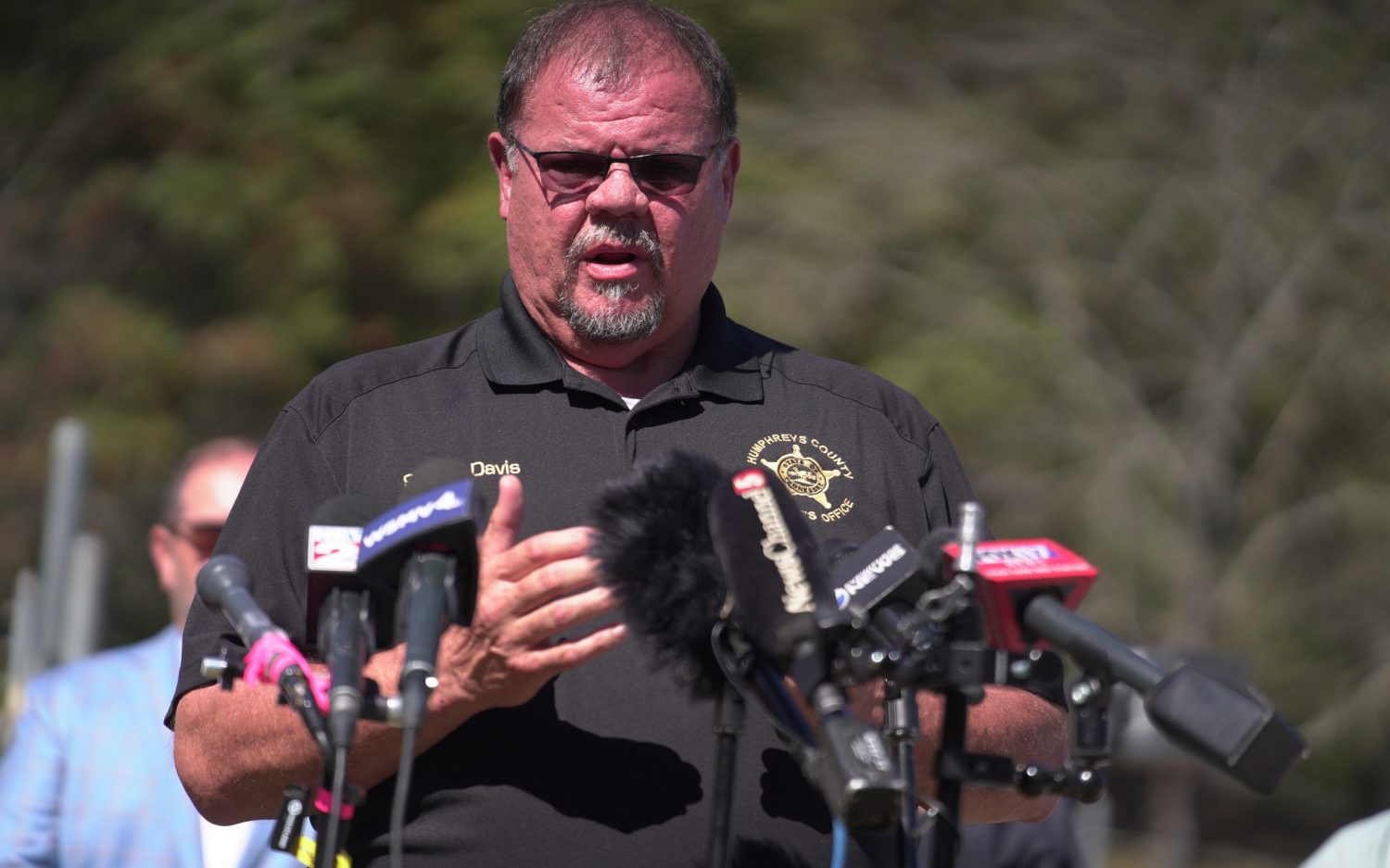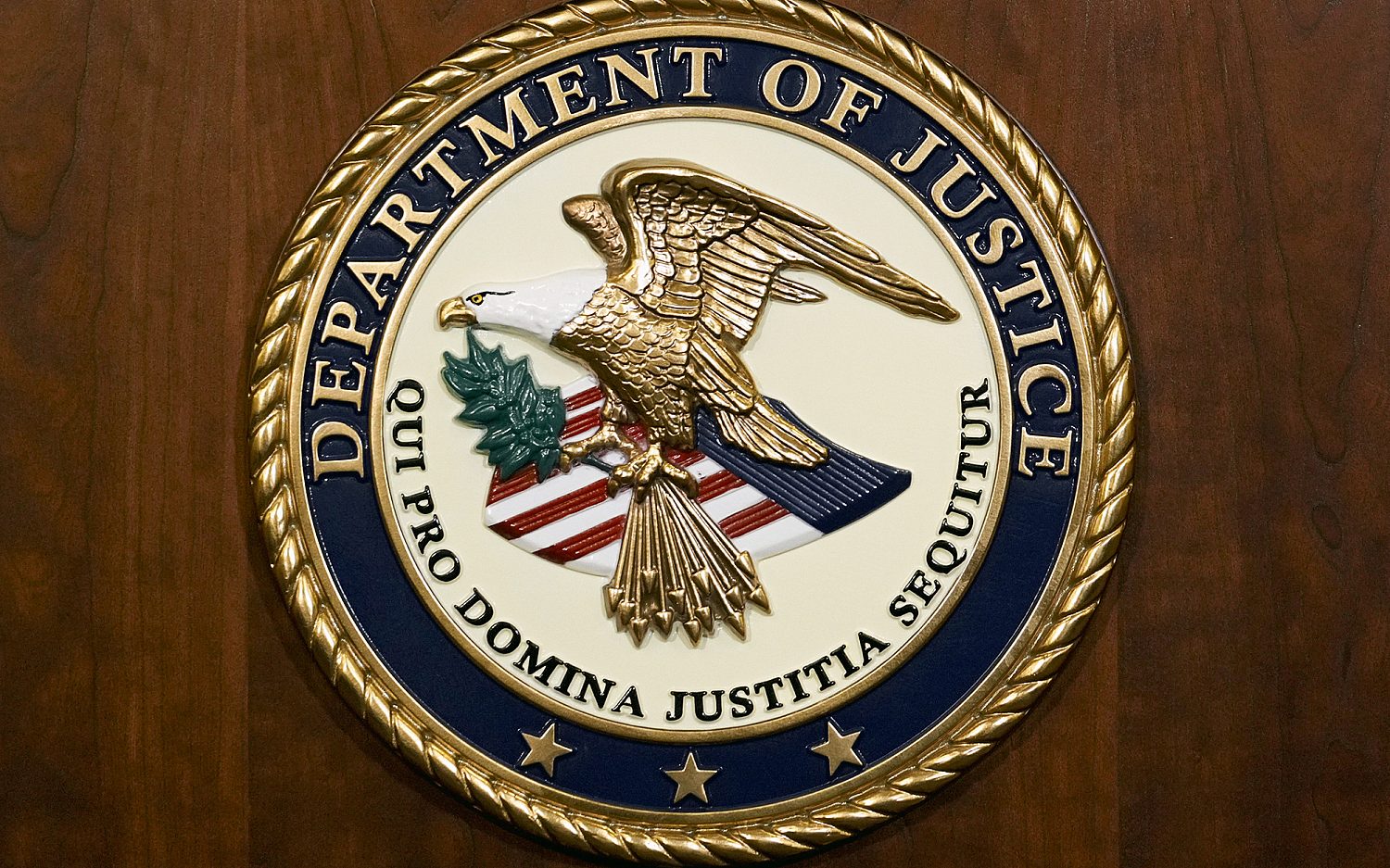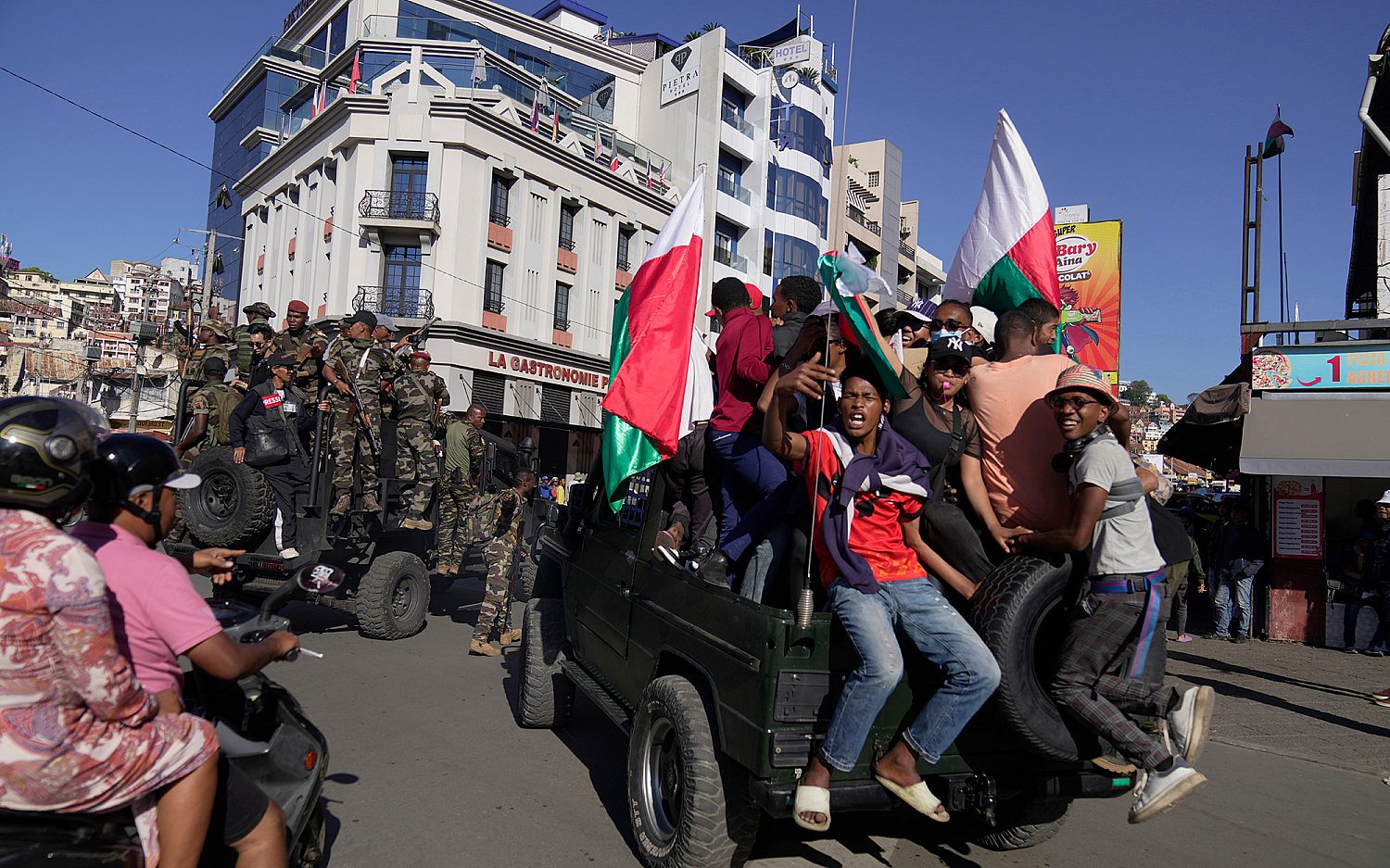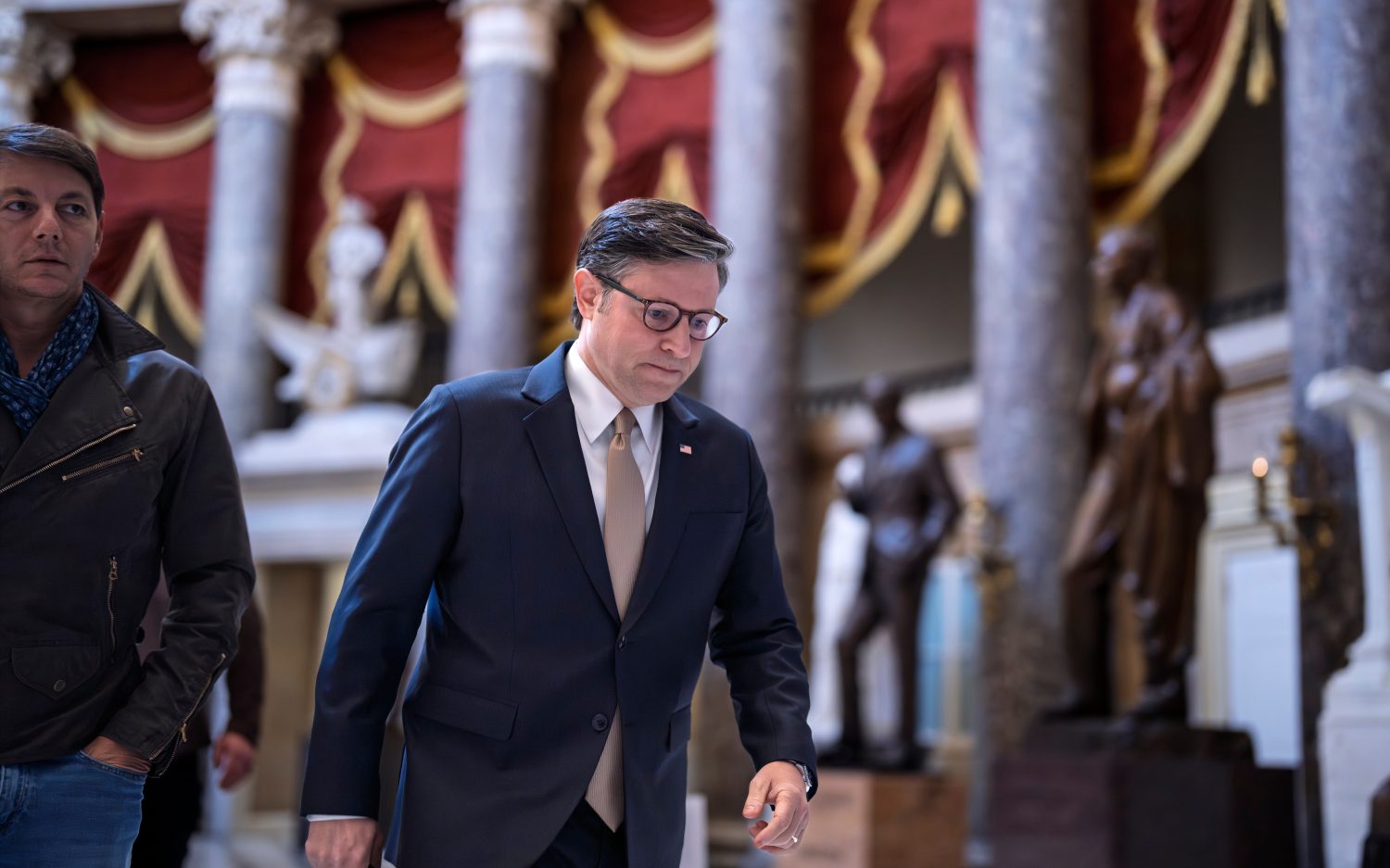Japanese troops take use-of-force mandate to South Sudan
The mission marks Japan’s first external deployment with expanded powers in nearly 70 years
Japan has deployed a new contingent of peacekeepers to the warring South Sudan with a mandate to use force—the first of its kind in nearly seven decades.
The deployment follows July fighting in the country, during which many peacekeepers failed to respond to attacks on civilians.
The 350 Self-Defense Forces, who arrived in South Sudan on Monday, will replace a previous contingent that did not have the power to use force. The new troops will work primarily on the reconstruction of the capital, Juba.
Japan enacted a law that banned its military from using force in dealing with international conflict after World War II, nearly 70 years ago. The Japanese legislature last year approved an amendment to expand the military’s use of force despite opposition from many who feared the country could become embroiled in overseas fighting. Japanese Prime Minister Shinto Abe said the amendment will enable Japan to respond to growing threats, including North Korea’s nuclear ambitions and China’s growing military assertiveness.
Ebrahim Deen, a researcher with the Afro Middle-East Center in South Africa, said Japan views its move to send the troops as a two-way deal between the country and South Sudan.
“Japan is fearful of China,” Deen said. “Peacekeeping is a good way of getting combat experience without breaking the constitution, and it gives them more negotiating power.”
South Sudan plunged into a civil war in 2013 when fighting began between forces loyal to President Salva Kiir and former vice president Riek Machar. The warring factions signed a peace deal in August 2015, but fighting persists. Renewed fighting in July between the warring forces swept across Juba. Many civilians were reportedly killed and abused during the clashes, and peacekeepers failed to respond to calls for help. Two Chinese peacekeepers died and five others were injured when a rocket-propelled grenade struck their vehicle.
Earlier this month, the UN responded to the allegations by firing Lt. Gen Kimani Onidieki, the mission commander in South Sudan. Under their new mandate, the Japanese troops can use force in protecting civilians and UN staff in the country.
“(The use of force) is a necessary ability with the recent escalation of the conflict,” Deen said. “It needs to be judicially used, especially because some of the parties to the conflict are leaders of the state.”
An actual newsletter worth subscribing to instead of just a collection of links. —Adam
Sign up to receive The Sift email newsletter each weekday morning for the latest headlines from WORLD’s breaking news team.





Please wait while we load the latest comments...
Comments
Please register, subscribe, or log in to comment on this article.